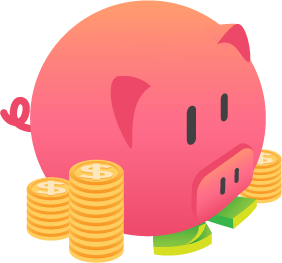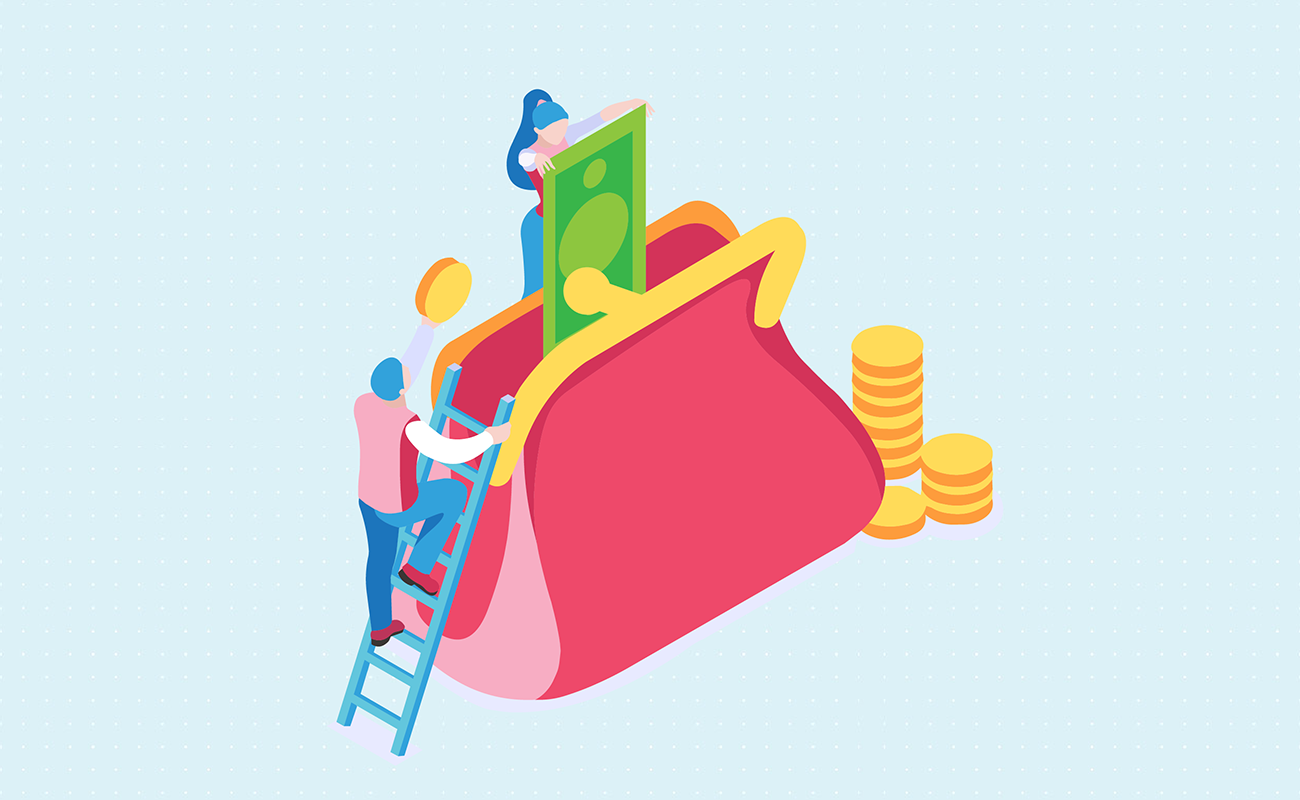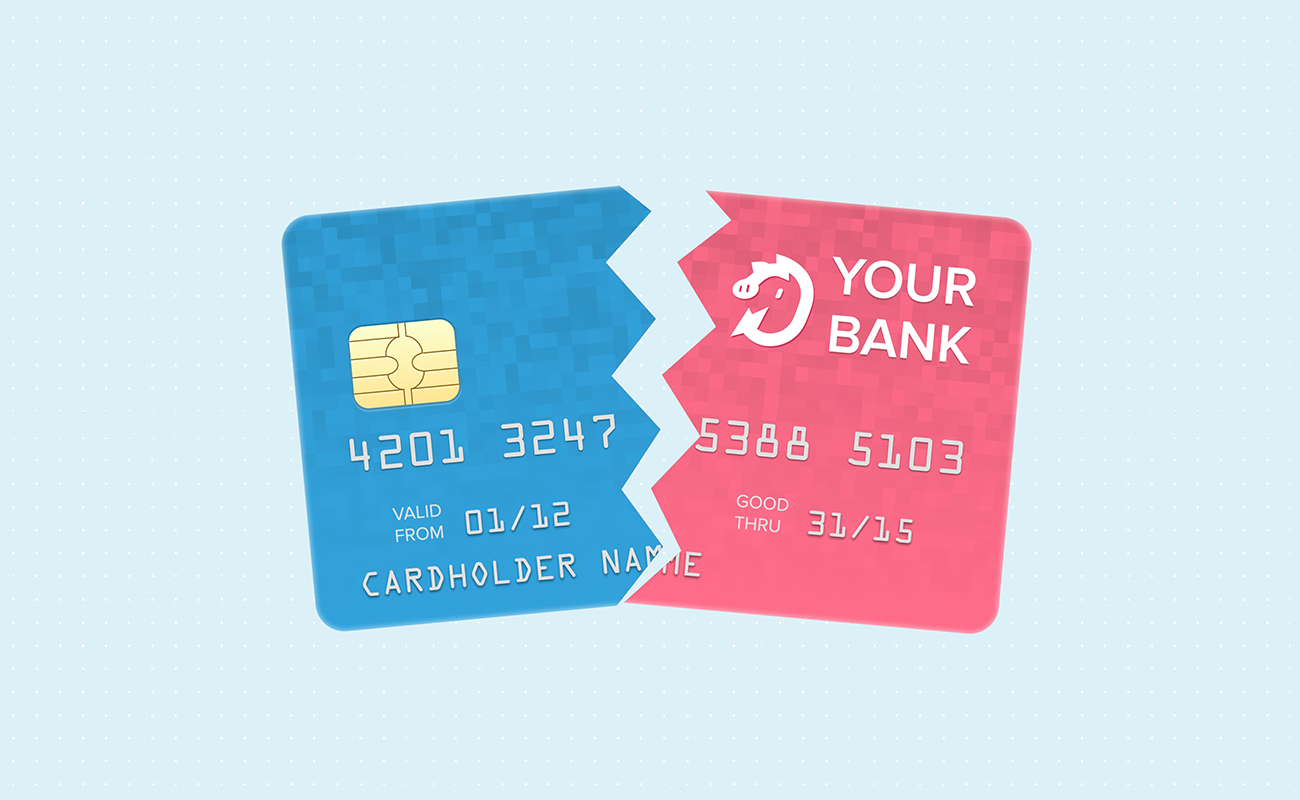 Paycheck Salary Calculator
Paycheck Salary CalculatorThe following calculators allow you to convert wages across various period, to see what your effective hourly salary is after deducting work-related expenses & estimate total lifetime income. Results adjust automatically when any input is changed.
This calculator makes it easy to estimate paychecks based on either a stated hourly wage or an annual salary amount. Enter a wage amount you wish to convert, your regular work hours, any overtime information and your estimated blended tax rate. This calculator will quickly express income earned in one period into estimated pre-tax and after tax wages for other periods. If you do not work any overtime leave that value set to zero.
Did your boss tell you that you were making $25 an hour? This calculator shows what your actual effective hourly wages are after deducting your income taxes along with other mandatory work-related expenses from your takehome pay. After calculating your results you can then see how many hours you will need to work in order to pay for an expensive purchase.
Use this calculator to estimate how much income you will earn between now and your retirement.
Guide published by Jose Abuyuan on January 29, 2020

We all know the meme. On payday, you're living large. It's time to glam it up and paint the town red like Jay Gatsby or Alexis Carrington. But then you remember the bills you need to pay. Uh oh. Suddenly, you go from Tony Stark on a limo to Peter Parker in a dumpster. Ouch.
Many of us find ourselves living from paycheck to paycheck. The moment we get our money, it disappears into the tangle of bills. We then must live off what's left. This suboptimal position is as risky as it is miserable. Any curve balls life throws at you can put you deep in debt.
The most effective way for anyone to get out of this rut is to live within their means and make smarter choices. A budget can be your ticket away from subsisting on the meager scraps at the end of your pay period. It might be tight at first, but it will lay the foundation for your financial freedom.

The word budget conjures up an image of charts that deprive you of even the smallest luxuries. The stress of budgeting is often enough to put anyone from doing it. Despite this, the budget might be your salvation. Knowing how much you can spend and sticking to it could mean the difference between savings and debt.
The first step toward making a budget work is knowing where your money goes. Looking at your cash flow can reveal where and what you spend on. This will be crucial both in allocating your money and deciding where to cut back.
Try to examine how much you spend over several months to get a good view of your daily expenses. This not only reveals your spending patterns but also the health of your finances. This is critical to any other steps you need to take to get your finances back on track.
Analyze your spending patterns carefully. Not everything you spend on is a necessity. And we're not talking about skipping lattes from that coffee joint at the corner. Your habit of eating out, for instance, might be costing you twice as much as home-cooked meals. Look hard. You might find yourself overpaying for something that you might get for much cheaper.
The goal of successful marketing is to make sure you have enough take-home pay to last until the next pay period. Most budgets are based on monthly increments. But people aren't usually paid per month; instead, their checks come in every two weeks.
This could work to your advantage. Rather than tracking your monthly totals, you can tailor your budget between paydays. It is often easier for you to make plans based on a two-week period.
In addition, your bills are often not due at the same time. You can incorporate your bills' due dates into your schedules. This way, you avoid incurring penalties for late payments. With proper planning, you can even have a little extra cash in the parts of the month where you pay fewer bills.
Once you've got a clear idea of how much you spend per month, it's time to allocate. Divide your take-home pay according to your most important expenses. As much as possible, incorporate a segment of your income to savings and emergencies. Emergency funds are the first thing you should make room for. You'll never know when anything unfortunate might happen, after all.
Ideally, your savings should be top priority, but this isn't always possible. For instance, you might find yourself paying off hefty credit card bills. In this case, going debt-free would be the more important priority. In some cases, you might save even more money than you would have earned if you invested it.
A good budget is flexible. Everyone overshoots their budget occasionally. Don't sweat going overboard a few times. If you find yourself constantly exceeding your budget, however, you might need to rework it. A budget would serve you better if it's tailored to your needs.
Now here comes the hard part. Balancing your budget also means cutting down on anything extraneous. This act makes us feel deprived, so we recoil at the thought of it. But once you've moved past the initial reluctance, you can part ways with a lot of your expenses without a worry. You would be amazed at how much you can cut out of your budget without affecting your everyday lifestyle.
One of the biggest sources of needless expenses are the hidden fees within subscriptions such as internet and phone bills. These can take on the appearance of “added features” or come as part of an expensive bundle.
Most people buy into plans and bundles because they think they get something from it. Extra minutes could come in handy, after all. Despite this, extra features are about as worth it as your need to use them. If you almost never use something, you're wasting your money.
Consider downgrading your phone plan or cable bundle. The plan you use should encompass the basics plus any feature you use with any frequency. You might reconsider your cable bundle altogether if you subscribe to streaming services. Free TV is often a better option if you don't watch anything besides the local news. Also consider the number of streaming services you want to subscribe to.
The little luxuries we enjoy in life might stand in the way of our savings if we are not careful. Now, there's nothing wrong with treating yourself from time to time. Avoid going overboard and restrict the big treats for special occasions.
You might have discovered a lot of things in your “necessities” list that are wants in disguise. Your food budget, for instance, could be bloated with unhealthy snack food. Cutting these out entirely is often difficult, so it's probably a better option to moderate your consumption. Start treating these non-essentials as what they are and buy them with a little less frequency.
The same goes for eating out. Although sometimes unavoidable, eating out is a major expense that adds up. Eat at home or bring your own lunch whenever you can. You'll save money and eat healthier, to boot. Save your trips to your favorite restaurant for a special occasion.
People often get more satisfaction from experiences than objects. Consider spending your extra money on a fun and memorable getaway with family or friends. You can't put a price on happy memories with your loved ones. You might be happier with a vacation you saved up for rather than an item you bought on credit.

Using your credit card not only contributes to your debt issues. You also create a psychological distance between you and your money. This reinforces impulsive spending habits. If you wondered why you still have a credit card balance you need to pay, this might be the reason.
Parting ways with your physical money will feel more like a loss than if you paid in credit. This helps curb your impulse spending, which can benefit you in more ways than one. Your credit card bill isn't the only thing that stops ballooning when you stop buying junk food with credit.
One of the keys to successful budgeting is spending your money well. This usually translates to spending more money on buying good-quality items. The logic behind this is simple. Good-quality items will save you money through less time and frustration.
The reverse can be said for commodities like food. Name-brand food and other groceries often comes with a hefty markup compared to their generic counterparts. This is especially shocking when the products are made by the same company. You can save 30 percent more on many food items without any noticeable difference in quality.
Check out this page for more tips on saving while grocery shopping.
One of the enduring signs of misogyny is the “Pink Tax.” This term describes the increased cost of many products marketed to women. Identical products may have a remarkable markup when marketed toward different genders. Often, the sole difference that women's products have are their smell or packaging.
Skipping gendered packaging saves you money and lets you take a stand against sexism. Tell companies that you're not willing to pay extra for anything other than better quality. Likewise, support products that do not add a markup to their gender-specific products. Comparative sites can help you identify products whose gendered variants do not vary in price.
“Never pay retail” is a tall order, but one that will serve you well as a guide. In general, it pays to look for bargains. Hunt around for sale prices. Try getting discount codes and coupons online before entering a store. You might find yourself paying a lot less for everyday luxuries and necessities this way.
Buying non-perishable items in bulk can help you slash your grocery bill. It is better to plan your meals for the week around what's on sale. Be careful of products that upsell themselves. You want to pay for the quality, not the impression of prestige. Do not be swayed by bandwagons unless they're backed by quality.
As the saying goes, you've got to spend money to make money. A similar principle applies when you're trying to save money. Invest in efficiency in your everyday life. Use the comfort principle as a guide to making decisions when you shop. When is it worth it to spend a little more on quality?
As a rule, spend a little extra on the things you use often. Choose durable products that work efficiently and need infrequent maintenance. The money you spend on a good knife, for instance, will make preparing food so much easier than a dull, cheap one. A reliable coffee maker at home can help you cut back on buying lattes on the way to work. If it can save you time, money, or effort, it's a keeper.
You could be throwing away good money by paying for expensive things you could be getting at a cheaper price. In some cases, these cost-effective alternatives are often free. For instance, going to the library can open a world of literature and research material without paying a cent.

Energy inefficiency is not only a leading contributor to air pollution. It is also a needless, wasteful expense. Your home may be costing you a pretty penny and you may not even know it. Invest in energy efficient improvements and make big savings.
Examine your home carefully for gaps in your insulation and make improvements to your heating and cooling systems. Switch out your light bulbs to more energy-efficient alternatives. These initial investments can save you a lot in utility bills.
That one organizing show might be on to something. The things you neither want nor use are just wasting space in your home. Rather than tossing out perfectly good stuff, however, you might consider selling them. One man's trash is another man's treasure. See if you can earn a small mint from selling your old stuff online or through a garage sale.
Sometimes, the cost of keeping items around is more than any benefit they could've given. Having multiple cars, for instance, isn't always something you need. A reliable car you don't even use but must still maintain is costing you money in maintenance and gas. Sell it. Besides gaining liquid cash, you've saved yourself a pretty penny in future expenses.
What's great about these sales is that they are tax free. These items are almost always the type of things that depreciate. Selling good-condition items also help someone else get an item they need or want on the cheap.
Keeping a budget that works is the foundation for wealth building. The endgame for your budget is to make room for savings that will grow. These are key steps to breaking out of the paycheck-to-paycheck cycle. Your savings will also lay down the foundation for the following major expenses:
Once you start paying yourself, in time, your money will pay you back a thousand-fold.
Jose Abuyuan is a web content writer, fictionist, and digital artist hailing from Las Piñas City. He is a graduate of Communication and Media Studies at San Beda College Alabang, who took his internship in the weekly news magazine the Philippines Graphic. He has authored works professionally for over a decade.